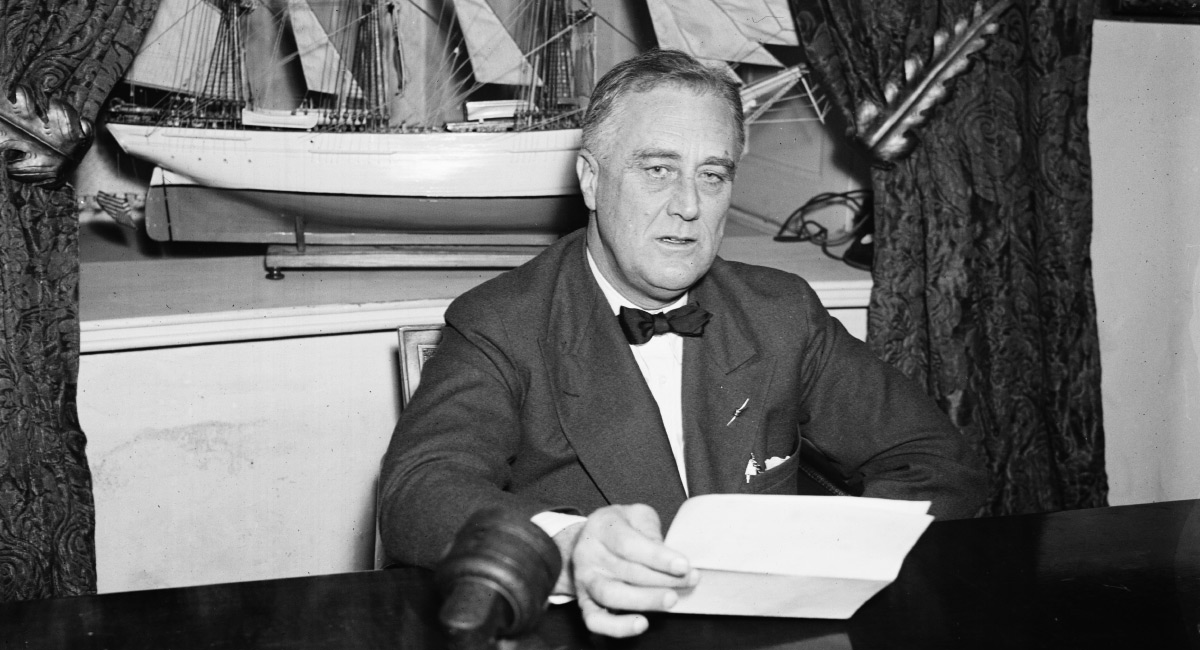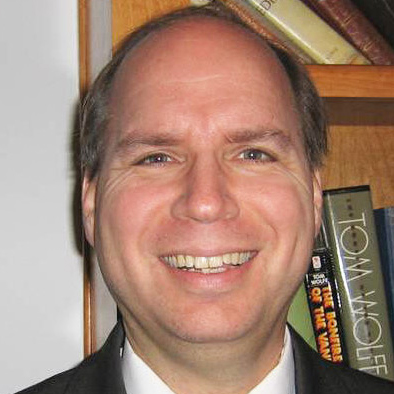A new exhibit at the Franklin D. Roosevelt Presidential Library and Museum in Hyde Park, N.Y., “Black Americans, Civil Rights, and the Roosevelts, 1932–1962,” provides new evidence that the New Deal was often a raw deal for black Americans. For example, FDR’s housing policy reinforced neighborhood segregation; he refused to support anti-lynching legislation introduced in both the House and the Senate, and, as the U.S. Department of Agriculture now freely admits, his “New Deal was for the most part a bad deal for black farmers,” forcing thousands off their land.
The exhibit leaves out one of the most egregious illustrations of FDR’s dismal record on the Bill of Rights, however: the “policing” of a prominent African-American political leader, Republican J. B. Martin, and the brutal quashing of free speech in Memphis, Tenn., even as President Roosevelt was proclaiming his “four Freedoms”—the freedom of speech and expression, the freedom to worship God in one’s own way, “the freedom from want,” and the freedom from fear.
Many African Americans regarded Martin as a folk hero. His South Memphis drug store and its black-controlled post-office substation were major sources of pride. Martin and his brothers had one of the first black-owned baseball teams; he built Martin Stadium, home of the local Negro American League baseball club, the Memphis Red Sox, and eventually served as league president.
Martin’s prominence as a Republican leader derived from the peculiarities of Memphis’s political environment. Because of a special arrangement with Edward H. “Boss” Crump, a Democrat and the head of the city’s political machine, Memphis was one of the few places in the South where African Americans still had the franchise. In return for this small measure of freedom, however, Crump manipulated black votes to favor his cronies in Democratic primaries.
A key source of Crump’s power was a cozy alliance with FDR, which was based on raw political calculation and mutual gain. Since 1932, Crump had played the role of an efficient foot soldier at Democratic conventions. In return, Memphis reaped a steady flow of federal funds, which Crump conveniently controlled.
His toleration for “Negro voting” ended abruptly in 1940 after Martin became the local Republican Party chair. Martin’s dream was to build a competitive multiracial party and carry the state for GOP presidential candidate Wendell Willkie, an outspoken champion of civil rights. National polls showed a tight race, and it seemed possible, though unlikely, that Willkie could win Tennessee with the help of Memphis’s African-American voters.
On hearing about Martin’s plans, Crump demanded his resignation and that he shutter the GOP’s local headquarters. When Martin upped the ante by staging a massive Willkie rally, Crump ordered the police to start frisking customers entering Martin’s drug store, using the pretext of uncovering a “dope ring.” Not bothering with such niceties as warrants, Crump openly admitted the true reason for the harassment: “Negroes might as well learn their places.” Martin fled the city rather than face a near-certain sentence in the workhouse. When he briefly returned in 1942 to attend a ball game at Martin Stadium, the police arrested him and ordered him to leave town.
Crump’s outrages were widely denounced, but he knew he had a friend in the White House who had no intention of abandoning him, or of throwing Martin a lifeline.
Despite overwhelming evidence, and the willingness of the head of the Civil Rights Section of the Department of Justice to prosecute Crump, no charges were brought. More than a year later, labor leader and civil-rights activist A. Philip Randolph urged Eleanor Roosevelt to press for a federal investigation. Her curt response came after some delay: “I was advised not to do anything, as it might do more harm than good.” Rather than offend Crump, the president and first lady chose expediency.
The treatment of J. B. Martin provides another illustration of FDR’s abysmal record on the Bill of Rights. It also foreshadowed the extraordinary civil-rights violation yet to come: the February 1942 executive order that led to the mass confinement of Japanese Americans in what FDR himself called “concentration camps.”











